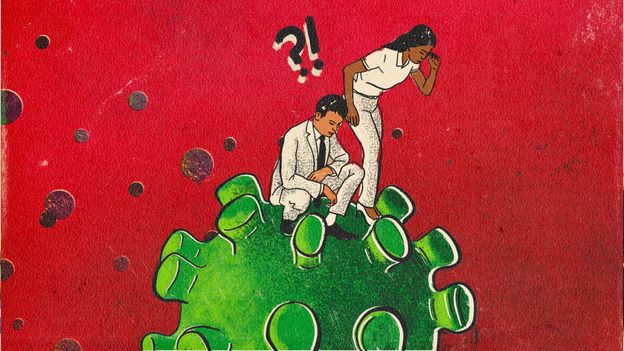“Although circumstances will improve in some ways and the world will open up again, the results of the pandemic may still negatively impact mental health.
— SHEMIAH DERRICK, LPC, CADC”
Adjusting to normalcy and getting back to basics after the pandemic has been difficult for everyone. Many people around the world have experienced heightened stress, anxiety, and depression as a result of the COVID-19 pandemic’s social isolation, financial distress, difficulties finding support, and other issues. All of these factors placed some people, including healthcare professionals and frontline workers at a higher risk of suicide.
It’s normal to feel stress when faced with staying indoors and interacting less with people, especially when that is added to the underlying stress of worrying whether you will catch the virus. These factors could increase your chances of developing a mental health issue, like anxiety or depression. A 2018 study published in the Journal of Affective Disorders found that social isolation and loneliness were key factors contributing to suicidal thoughts and behavior. Individuals who live alone may be at high risk of suicidal thoughts and behavior when they’re social distancing or quarantined. In addition, anyone else who experiences greater amounts of loneliness during pandemic are also at a higher risk.
In a survey published in Morbidity and Mortality Weekly Report (MMWR) in August 2020, 26.3% of people reported experiencing symptoms of trauma- or stress-related disorders. Also, 13.3% of participants reported starting or increasing the use of substances to cope with stress. Over the past year, everyone has been susceptible to worsening mental health, but certain groups have experienced a higher risk. The APA found that 34% of workers have received treatment from a mental health professional, compared to 12% of nonessential workers. Additionally, 25% of essential workers have received a mental health disorder diagnosis since the pandemic began, compared to 9% for others.
In the August 2020 report in MMWR, essential workers and people of color were more likely to report feeling suicidal in the past 30 days. This was true for 18.6% of Hispanic people, 15.1% of Black people, and 21.7% of essential workers.
Statistics suggest that post-pandemic mental illnesses got at an all-time high. Reach out to a friend or family member if you have concerns about them. Inquire about their well-being. Recognize that this is a trying moment for them, and urge them to explain how they’re dealing with the feelings brought on by the current scenario. Do not hesitate to inquire if you feel they are considering suicide. Ask clear questions, such as, “Have you ever considered hurting yourself?” or “Have you considered taking your own life?”
If you notice that you or your loved ones are experiencing mental health issues post-pandemic seek help from mental health professionals.




